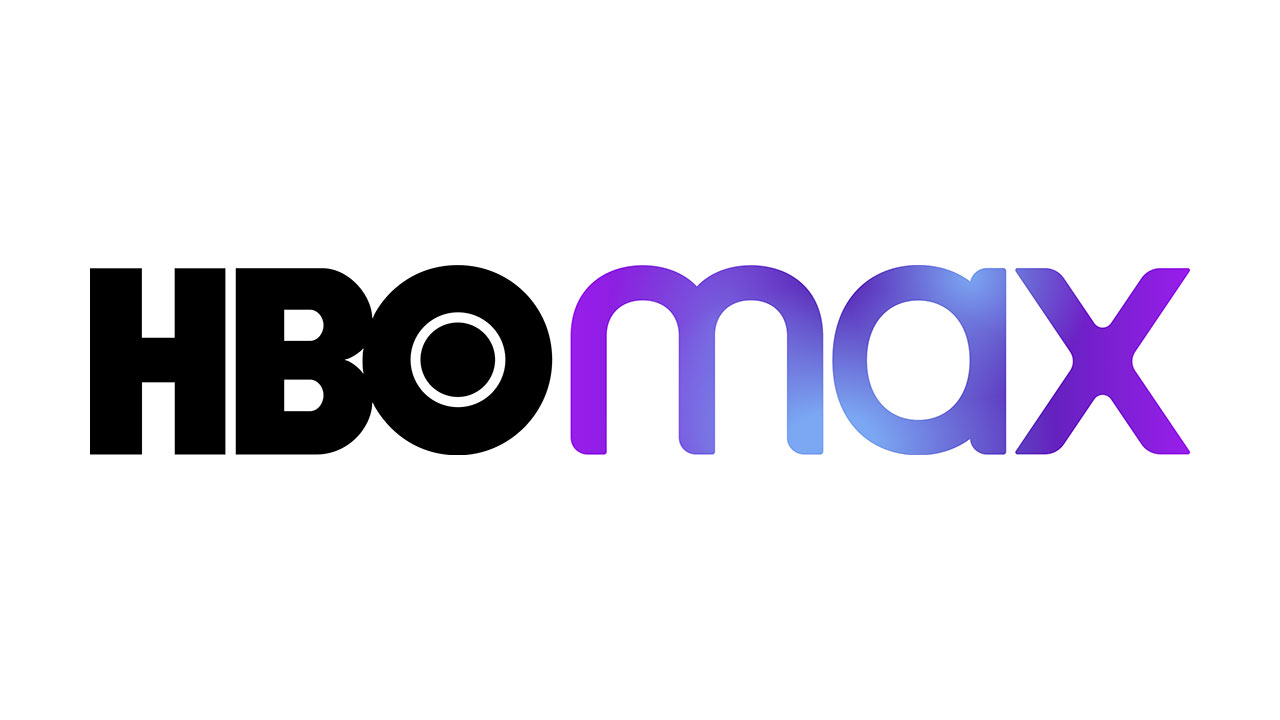It’s not Max, it’s HBO Max: Streaming service flips name again

TWO YEARS AGO Warner Bros. Discovery, Inc. ditched the HBO brand from the title of its flagship streaming service, counting on the name Max to convey the media company’s broad reach of programming.
On Wednesday, the company decided the globally known name behind shows like The Last of Us and Game of Thrones has appeal after all.
“Today, we are bringing back HBO, the brand that represents the highest quality in media, to further accelerate that growth in the years ahead,” Warner Bros. Chief Executive Officer (CEO) David Zaslav said in a statement, reversing his own decision from 2023.
The return to HBO Max also marks an “implicit promise” by the company to deliver unique and premium content, Warner Bros. Discovery (WBD) said on Wednesday.
The switcheroo puts HBO, the network behind some of the most-praised and talked-about shows on TV, front and center in efforts to attract a worldwide audience to the company’s paid streaming service. With millions of TV viewers shutting off their cable subscriptions, streaming has become the future for media giants like Warner Bros. and Walt Disney Co.
Leading up to the service’s launch in the spring of 2020, there was much internal debate about the name. Eventually, executives decided to name it HBO Max, a way of incorporating the storied HBO cable brand — known for popular, edgy hits like The Sopranos — while positioning the new product as a premium service that would cost more than rivals Netflix or Disney+.
This followed Warner Bros. Discovery’s move to merge HBO dramas and top franchises like Harry Potter with lifestyle-focused content from Discovery under one service.
But from the outset sign-ups were sluggish, and many consumers were confused by the branding and how HBO Max differed from the company’s existing streaming products, HBO Go and HBO Now.
In 2023, following WarnerMedia’s merger with Discovery Inc., Mr. Zaslav announced the HBO name would be dropped in favor of a more generic brand that would appeal to a broader audience in theory. The goal was to offer a more appealing product and to help retain viewers who typically canceled their subscriptions after watching the latest season of their favorite show.
The re-branding left many observers scratching their heads. Critics derided the move, saying it jettisoned a brand famous for prestige television to promote shows like Dr. Pimple Popper and 90 Day Fiancé alongside its more upscale programming.
Even Ted Sarandos, co-CEO of Netflix, called the move a surprise. “I would have never guessed HBO would have gone away. They put all that effort into one thing that they can tell the consumer — it should be HBO,” he said in a Variety interview in March.
Recently, much of the streaming service’s buzz has come from HBO shows, including the third season of The White Lotus, which was a massive hit. Max is also home to franchises like Harry Potter, A24 films, and iconic broadcast-TV shows like Friends.
Warner Bros.’s streaming business has added 22 million subscribers over the past year and the company expects to have more than 150 million by the end of 2026. Shows including The White Lotus and The Pitt helped it amass 5.3 million streaming subscribers in the January-March quarter, taking its total to 122.3 million and an adjusted profit of $339 million.
A key driver of that growth has been international expansion. After rolling out Max in over 70 countries last year, WBD plans to launch the service in the UK, Ireland, Italy and Germany.
The company announced the latest change, which will be effective this summer, at its annual presentation to advertisers in New York. In other words, the Max experiment is over. — Bloomberg/Reuters



